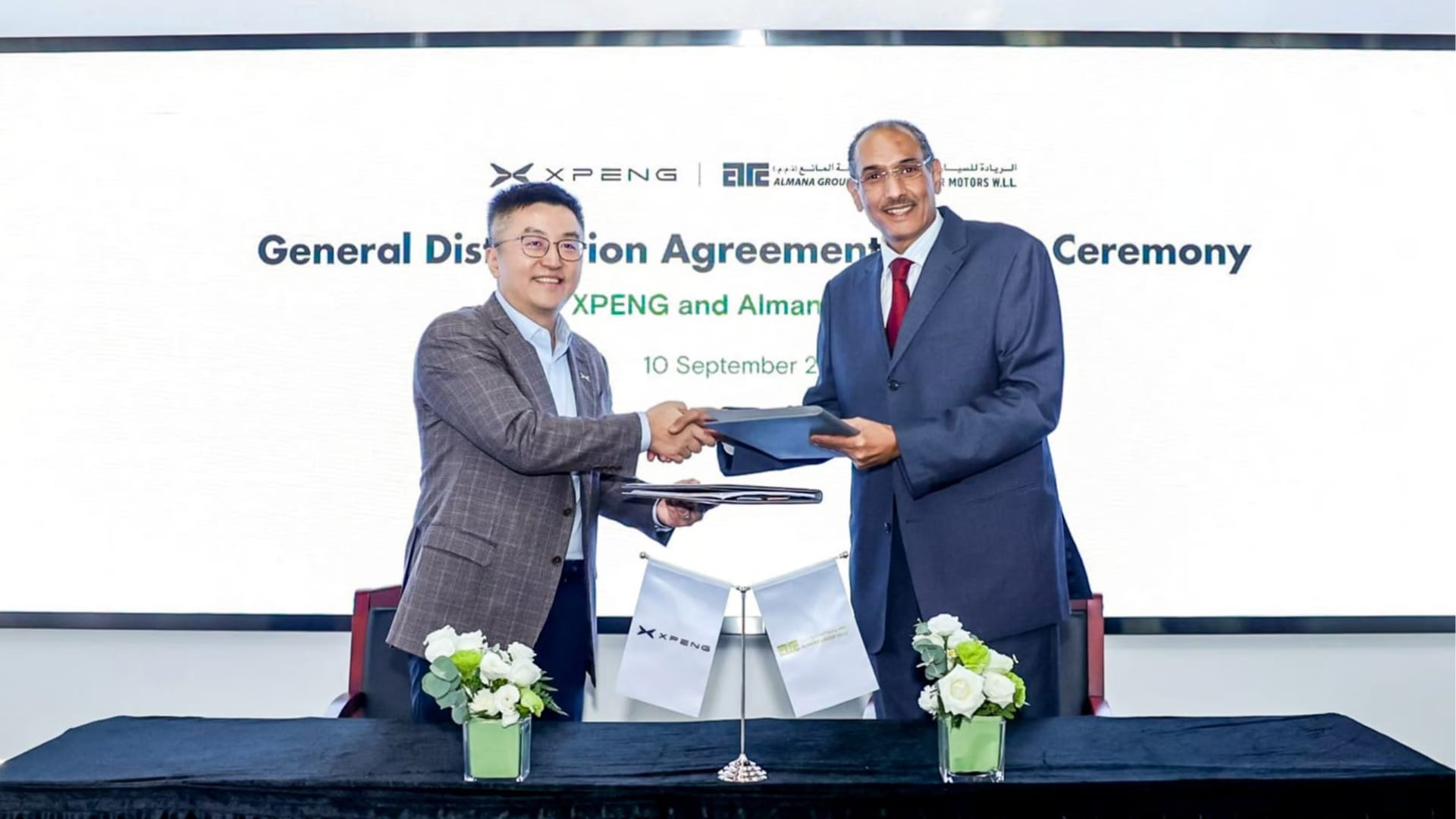Xpeng expands into Qatar amid fierce competition in China
Xpeng begins exporting electric cars to Qatar, expanding globally amid fierce competition in China's EV market.

Chinese electric vehicle (EV) manufacturer Xpeng has announced plans to enter the Qatar market as part of its global expansion strategy, responding to growing competition in the domestic market. On September 10, Xpeng signed a distribution agreement with Pioneer Motors, marking a significant step toward introducing premium electric cars to the Middle Eastern nation.
Table Of Content
By the end of this year, customers in Qatar will be able to purchase several fully electric Xpeng models equipped with cutting-edge self-driving technology. These models will include the sleek P7 sedan and the versatile G6 SUV, renowned for their advanced autonomous features.
Xpeng’s move into Qatar
Alex Tang, Xpeng’s general manager of international markets, described the company’s entry into Qatar as a strategic initiative. “Entering the Qatar market is a strategic move for Xpeng. It not only strengthens our presence in the Middle East but also complements our mission to provide smart, eco-friendly transport solutions on a global scale,” Tang explained.
Known for its innovative self-driving systems, Xpeng is accelerating its international reach. The expansion into Qatar represents the company’s efforts to tap into new markets outside China and broaden its appeal. As Xpeng works to build its brand in the region, it aims to meet the growing consumer demand for electric vehicles with smart and sustainable features.
Expanding global reach
Xpeng’s push beyond its home market comes as the company faces a fierce price war in China’s EV sector. In the second quarter of this year, overseas sales accounted for 10% of Xpeng’s total sales, which reached 30,207 vehicles. These results highlight the importance of the company’s international strategy. Xpeng is also making inroads into other markets, such as Thailand, France, and Australia, and offers right-hand-drive cars for customers in Hong Kong.
As Chinese EV makers, including industry giant BYD and start-up Hozon New Energy Automobile, expand globally, the competitive landscape at home continues to intensify. Xpeng’s efforts to stand out have included expanding the availability of its self-driving system across all cities in China. Although classified as semi-autonomous, this system allows Xpeng to offer more advanced driving features to customers, setting it apart from rivals like Tesla, which is expected to launch its Full Self-Driving software in China by 2025.
The global EV landscape
Xpeng’s global ambitions come as international markets become more attractive to Chinese EV manufacturers. According to a report by Moody’s released in August, Latin America, the Middle East, and Southeast Asia are emerging as key regions for Chinese EV exports. These areas present lower geopolitical risks than other parts of the world and are experiencing growing demand for EVs as their economies expand and climate initiatives advance.
However, Chinese EV makers are also facing challenges in some markets. In May, the US imposed a 100% tariff on Chinese-made electric vehicles, making it more difficult for Chinese companies to compete there. Similarly, the European Union announced new duties on Chinese EVs, ranging from 9% to 36.3%, following an investigation into subsidies provided to Chinese battery-powered car manufacturers.
Despite the challenges, Xpeng’s expansion into Qatar signals its determination to gain a foothold in international markets. However, as independent analyst Gao Shen notes, “For Xpeng, its go-global drive is still in a preliminary stage because it takes time for the company to build its image outside China. But it has to quicken its pace of international expansion because of intense competition in China.”
The global electric vehicle race is heating up. As Xpeng ventures into new territories, it remains to be seen how effectively it can carve out a niche in the ever-evolving EV landscape.
















